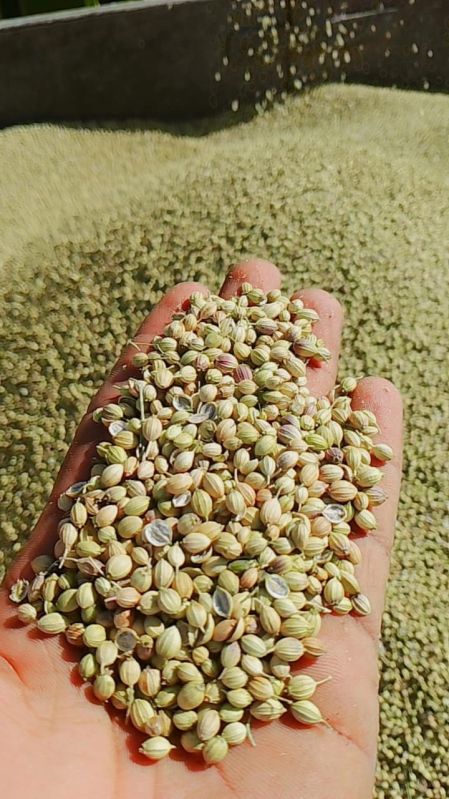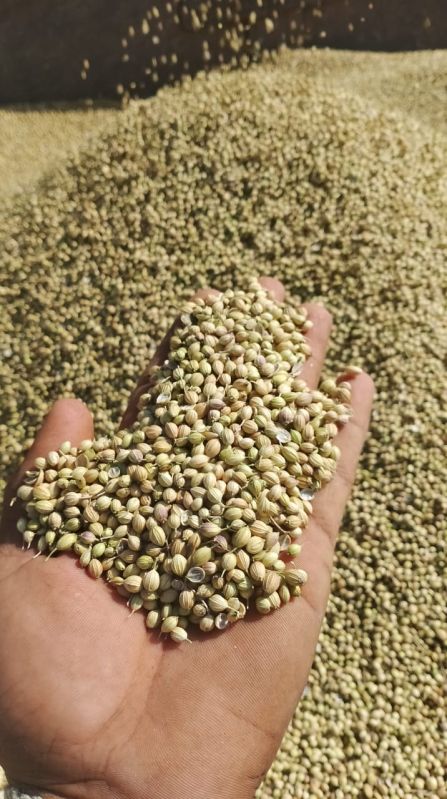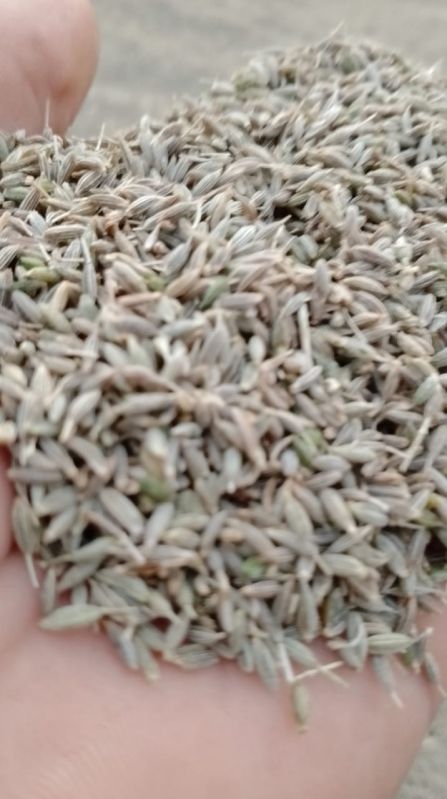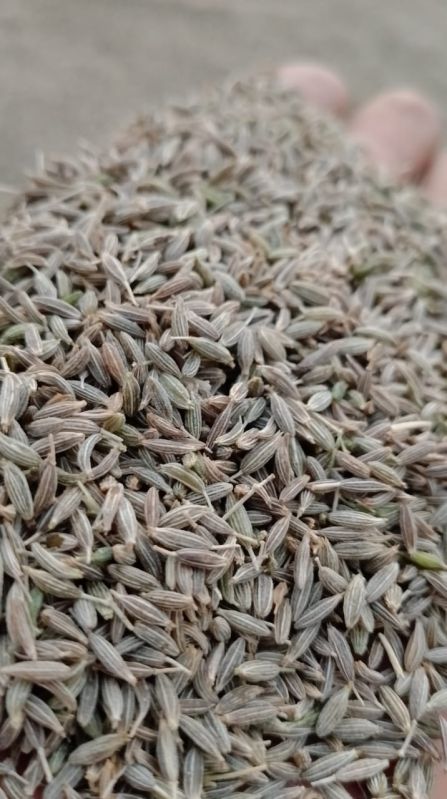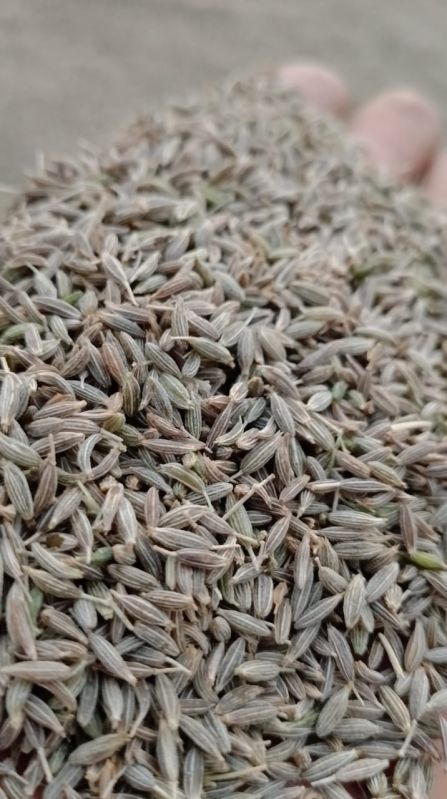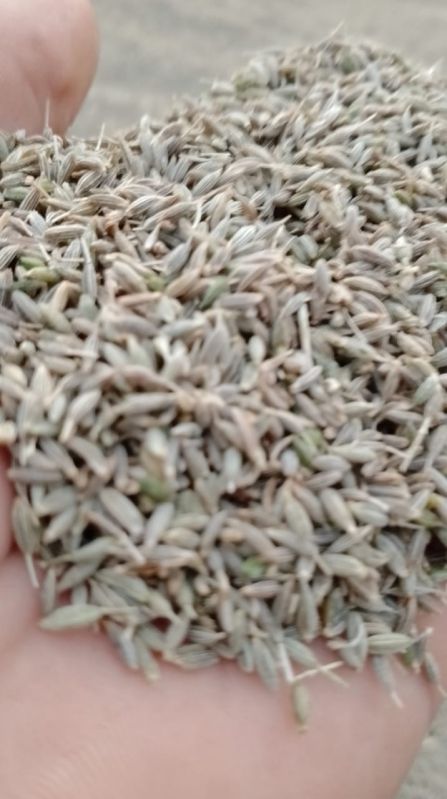Whole Spices
Leading Manufacturers, Exporters, Wholesaler, Trader and Manufacturers of Coriander Seeds and Cumin Seeds from Rajkot.
| Business Type | Manufacturer, Supplier, Trader |
| Packaging Size | 5-10kg |
| Grade Standard | Food Grade |
| Country of Origin | India |
| Calories | 15 |
| Protein | 0.6 g |
| Fat | 0.9 g (including monounsaturated and polyunsaturated fats) |
| Carbohydrates | 2.8 g |
| Fiber | 2.1 g |
| Calcium | 35 mg |
| Iron | 0.8 mg |
| Magnesium | 17 mg |
| Potassium | 63 mg |
| Vitamin C | 1 mg |
| Vitamin K | A Significant Amount |
| Packaging Type | Plastic Bag |
| Usage/Application | Cooking |
| Storage | Store In A Cool, Dry Place Away From Direct Sunlight |
| Nutritional Information | High In Protein And Fiber, Low In Fat |
| Shelf Life | Approximately 1-2 Years When Stored Properly |
Coriander seeds which have distinct flavors and culinary uses. The seeds themselves have a warm, aromatic, slightly citrusy, and sweet flavor.
Nutritional Value:
Coriander seeds are relatively low in calories but offer several nutrients. A tablespoon (around 5 grams) of coriander seeds provides approximately:
Health Benefits:
Coriander seeds have been used traditionally for their medicinal properties, and modern research is exploring these benefits:
May help lower blood sugar: Studies suggest coriander seeds can help activate enzymes that remove sugar from the blood. Caution is advised for those with low blood sugar or on diabetes medication.
Rich in antioxidants: Coriander seeds contain compounds that fight free radicals and may reduce inflammation. These antioxidants include terpinene, quercetin, and tocopherols.
May benefit heart health: Some research indicates coriander may help lower blood pressure and LDL (bad) cholesterol while increasing HDL (good) cholesterol. It may also act as a diuretic.
| Business Type | Manufacturer, Supplier, Trader |
| Packaging Size | 5-10kg |
| Packaging Type | Plastic Bag |
| Moisture | 9% |
| Grade Standard | Food Grade |
| Usage/Application | Cooking |
| Drying Process | Sun Dried |
| Specialities | Rich In Taste, Good Quality |
| Country of Origin | India |
| Calories | 22.5 |
| Protein | 1.07 g |
| Fat | 1.34 g (mostly healthy monounsaturated and polyunsaturated fats) |
| Carbohydrates | 2.65 g |
| Fiber | 0.63 g |
| Calcium | 55.86 mg |
| Iron | 3.98 mg (a significant 22% of the Daily Value) |
| Magnesium | 21.96 mg |
| Potassium | 107.28 mg |
| Vitamin C | 0.46 mg |
| Shelf Life | 6-12 Months |
| Storage | Cool And Dry Place |
Cumin has a warm, earthy, and slightly bitter flavor, making it a popular spice in various cuisines worldwide, especially Indian, Middle Eastern, Mediterranean, and Mexican.
Nutritional Value:
Despite being used in small quantities, cumin seeds offer several nutrients. According to the University of Rochester Medical Center, one tablespoon of cumin seeds contains approximately:
Smaller amounts of other B vitamins, vitamin A, zinc, copper, and manganese.
Cumin seeds are also rich in antioxidants, including phenolic acids and flavonoids like luteolin, quercetin, and apigenin.
Health Benefits:
Modern research supports many traditional uses of cumin seeds, highlighting a wide range of potential health benefits:
Digestive Health: Cumin can stimulate digestive enzymes, promote bile excretion, and reduce symptoms like bloating and indigestion. It has carminative properties that help relieve flatulence.
Blood Sugar Control: Studies suggest cumin may help lower blood sugar levels and improve insulin sensitivity, making it beneficial for diabetes management.
Heart Health: Cumin may help lower bad (LDL) cholesterol and triglyceride levels while increasing good (HDL) cholesterol. It can also help regulate blood pressure due to its anti-inflammatory, antioxidant, and vasodilatory properties, as well as its potassium content.
Antioxidant Properties: The high antioxidant content in cumin helps protect the body against damage from free radicals, potentially reducing the risk of chronic diseases.
Anti-inflammatory Effects: Cumin's active compounds possess anti-inflammatory properties that may help counter pain and inflammation.
Antimicrobial Properties: Cumin oil has shown effectiveness against certain bacteria and fungi, including some antibiotic-resistant strains. It has also been used as a food preservative.
Potential Anti-cancer Effects: Some studies suggest that cumin may inhibit the growth and multiplication of cancer cells, particularly in the colon, stomach, and liver, although more human research is needed.
Immune Support: Cumin is a good source of essential nutrients like iron, zinc, and B vitamins, which are crucial for a healthy immune system.
Weight Management: Some studies indicate that cumin may aid in weight loss by boosting metabolism and reducing body fat.
Bone Health: Cumin is rich in calcium and phosphorus, essential minerals for maintaining healthy bones and teeth. It also contains phytoestrogens that may reduce calcium loss.
